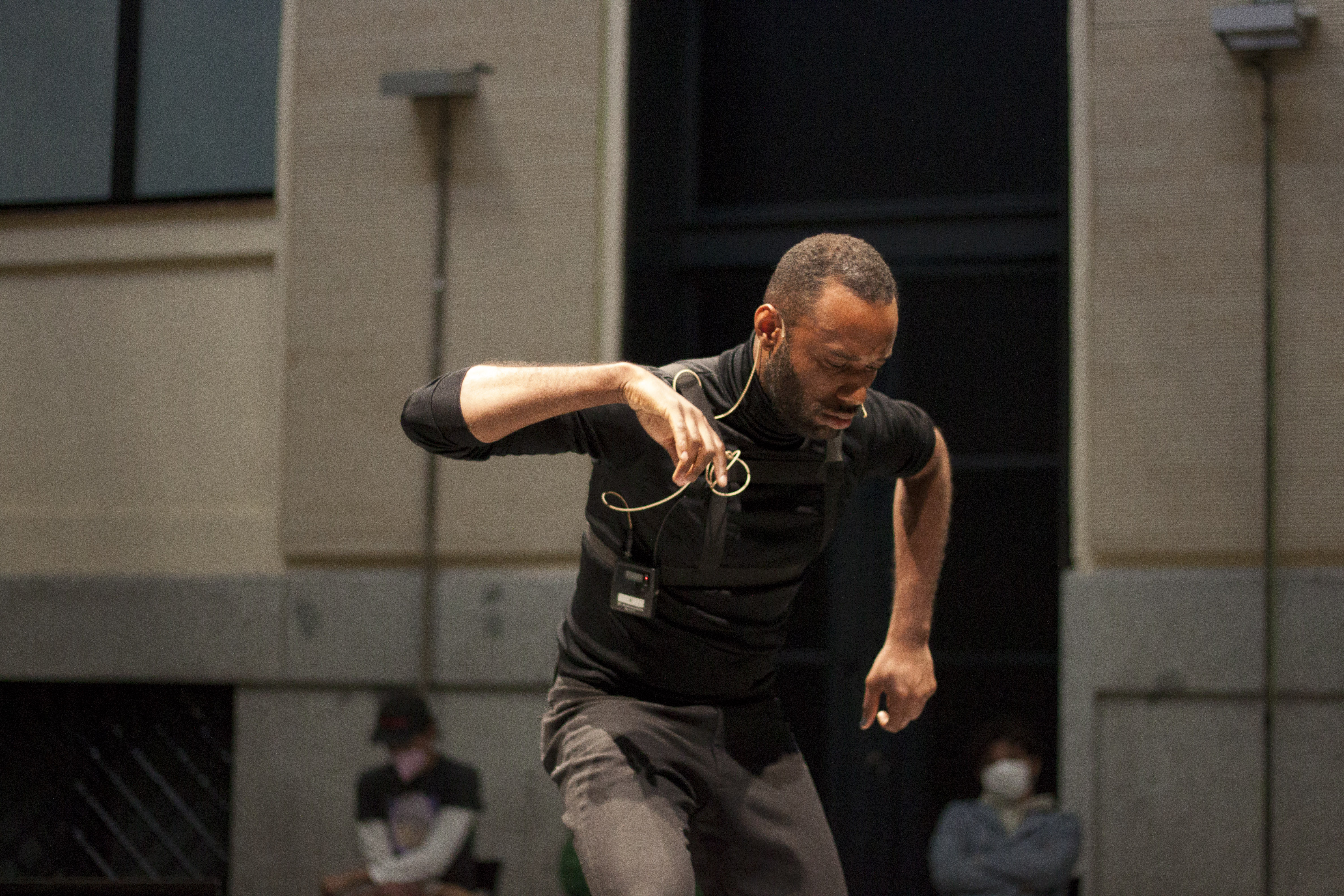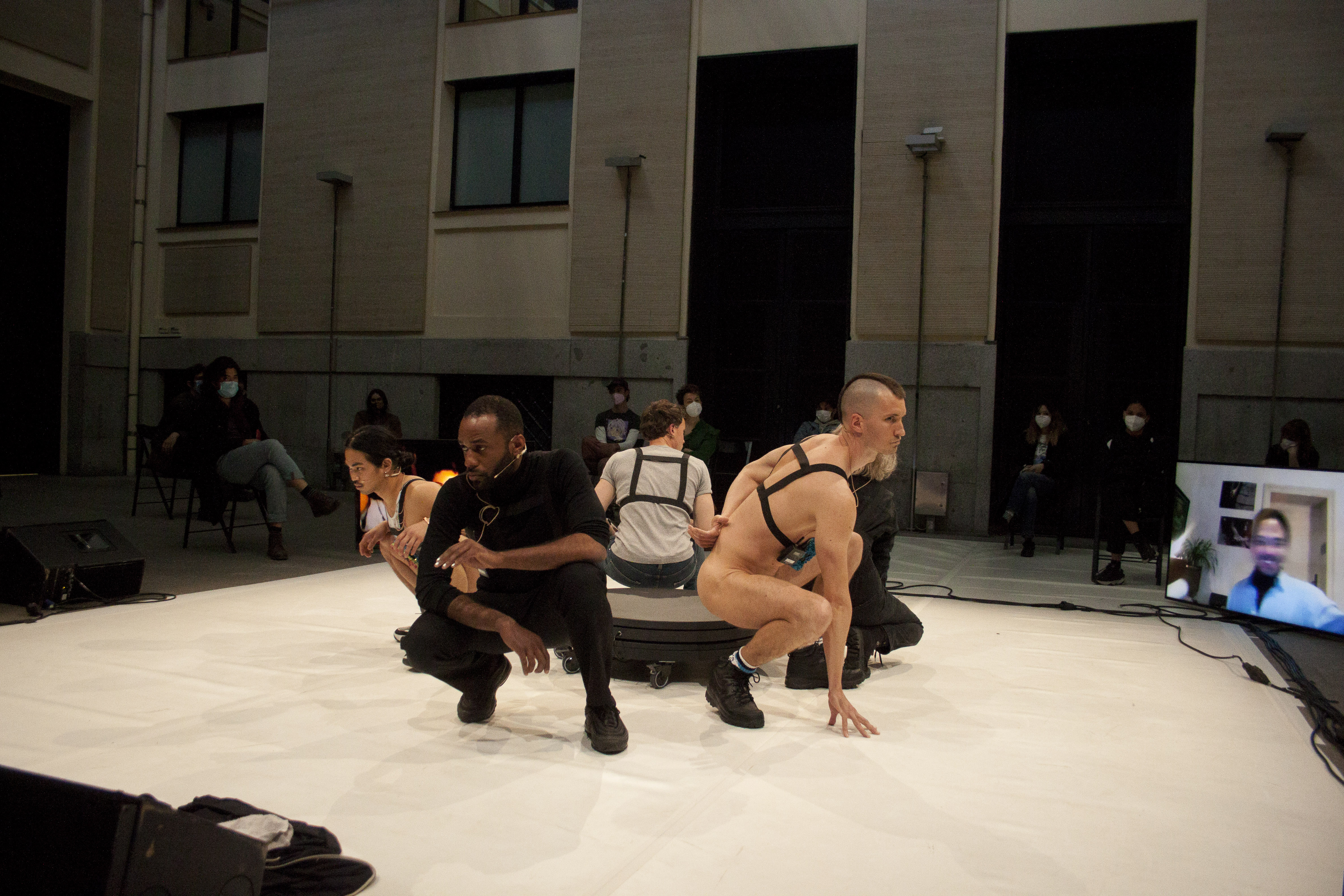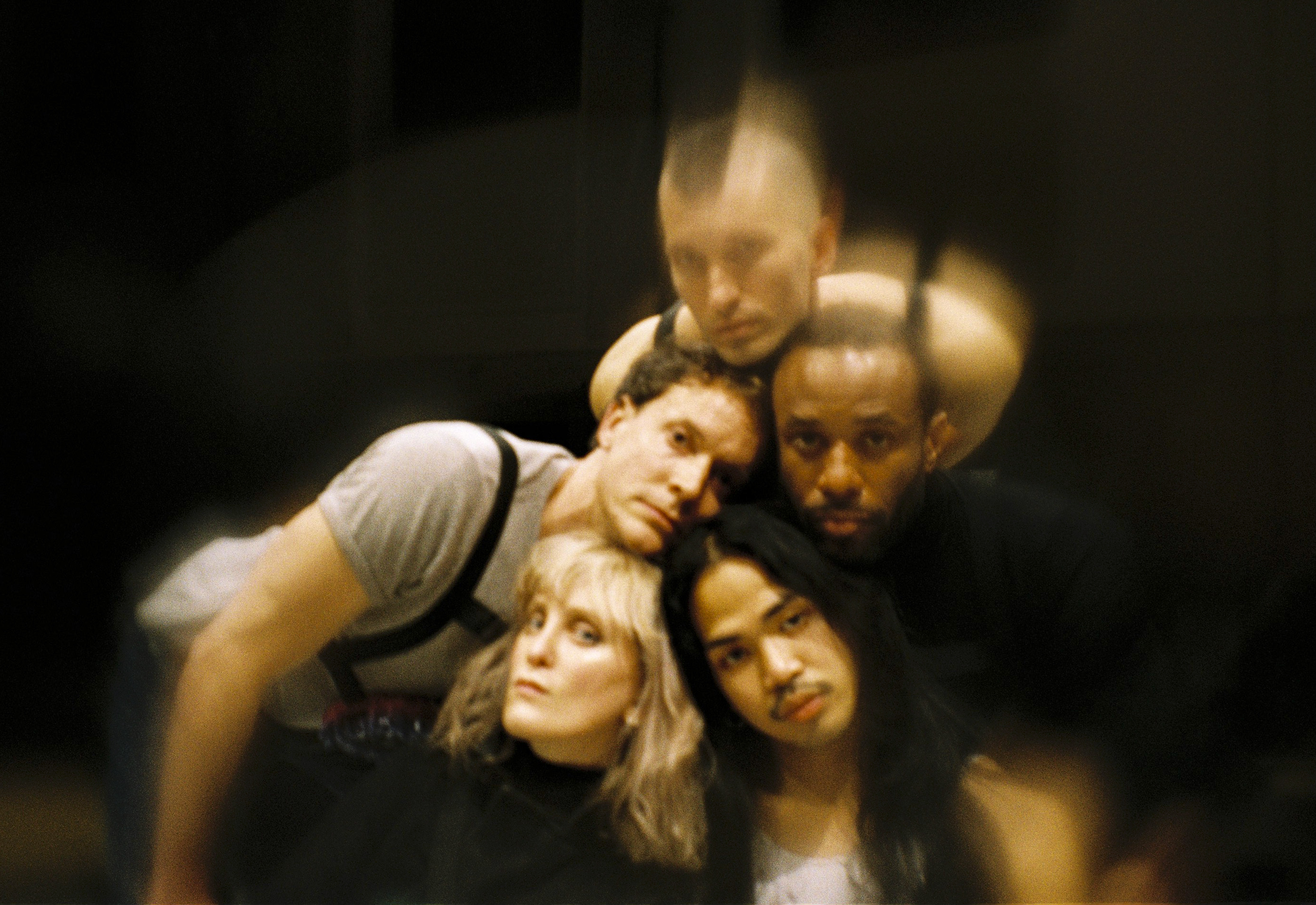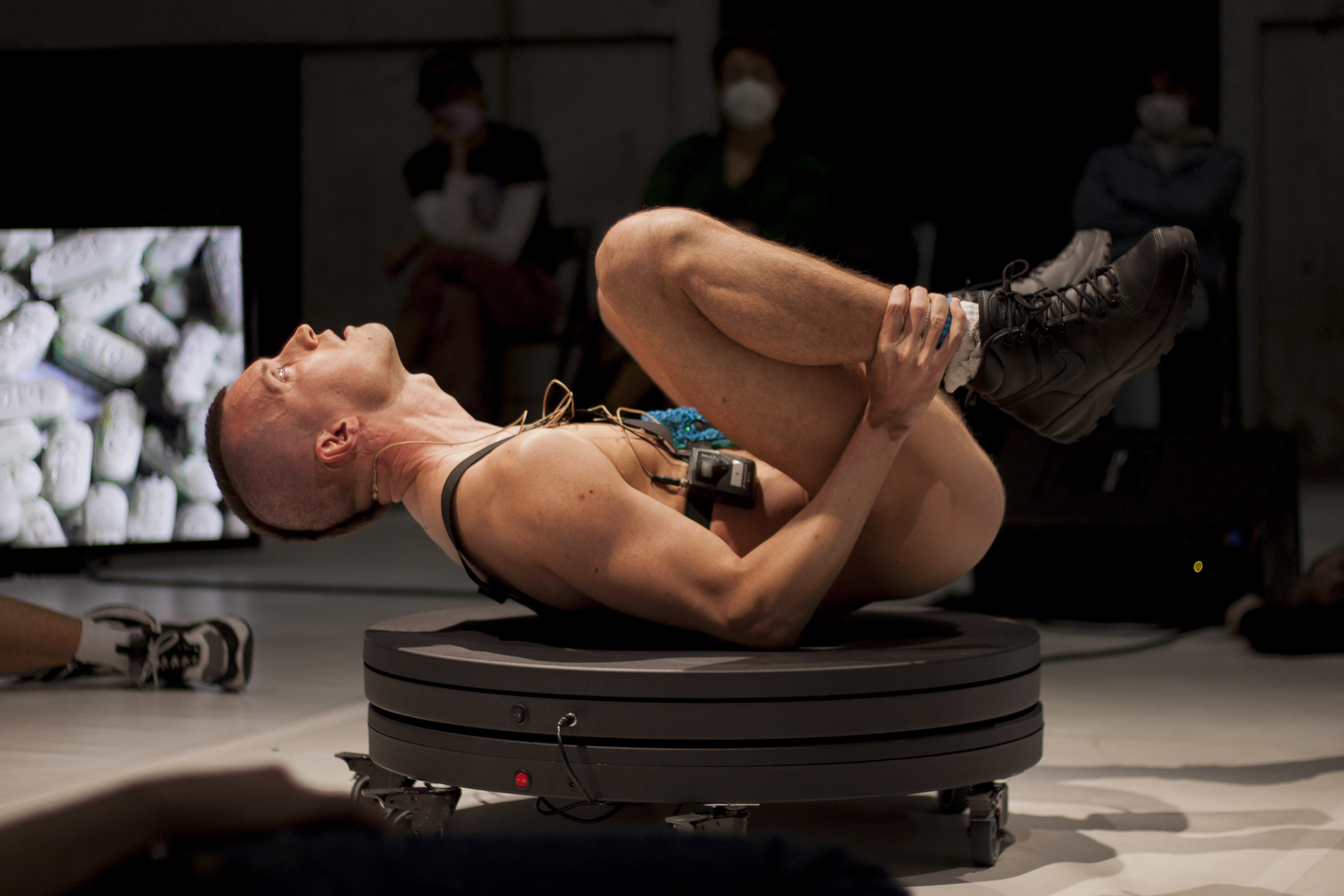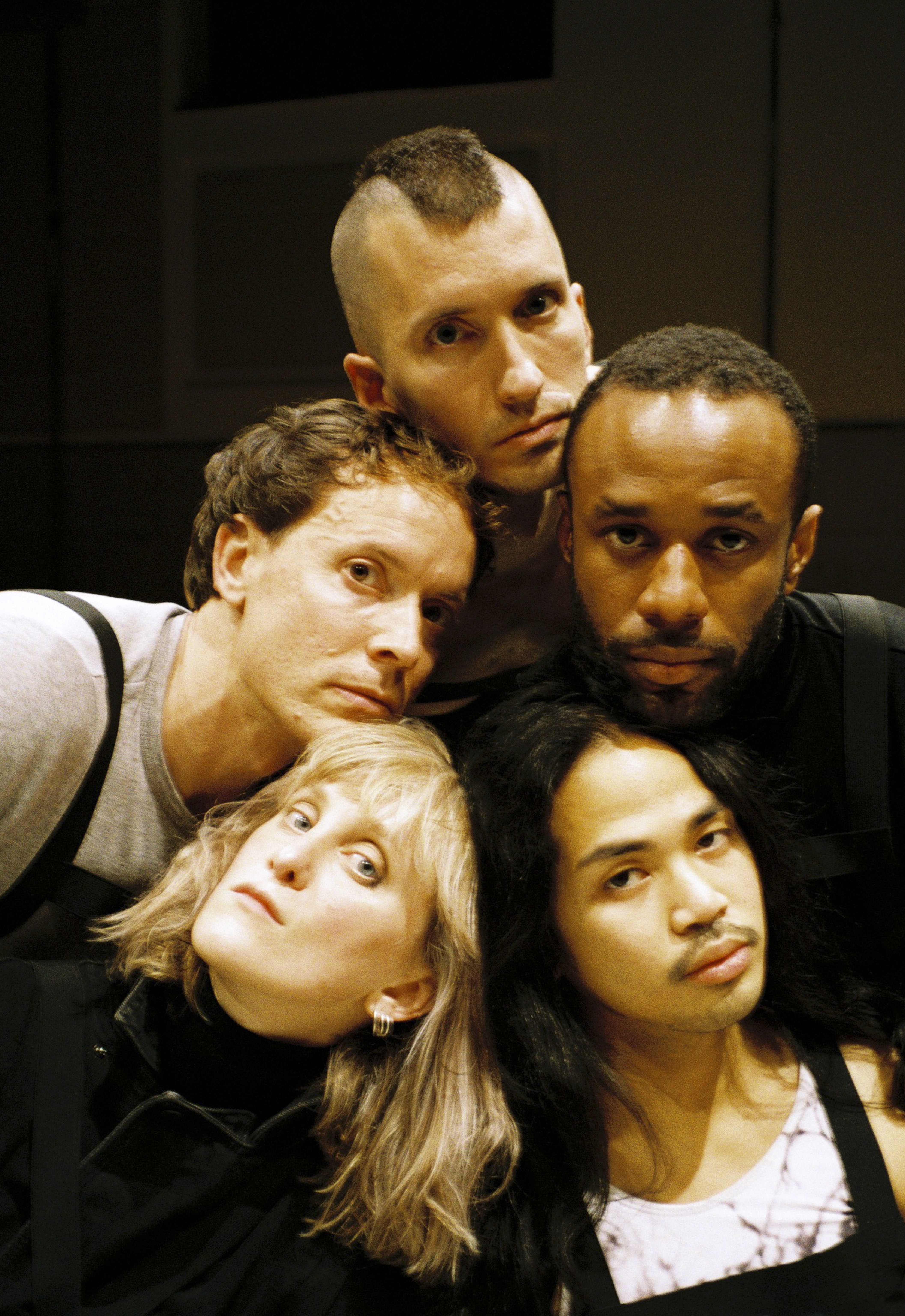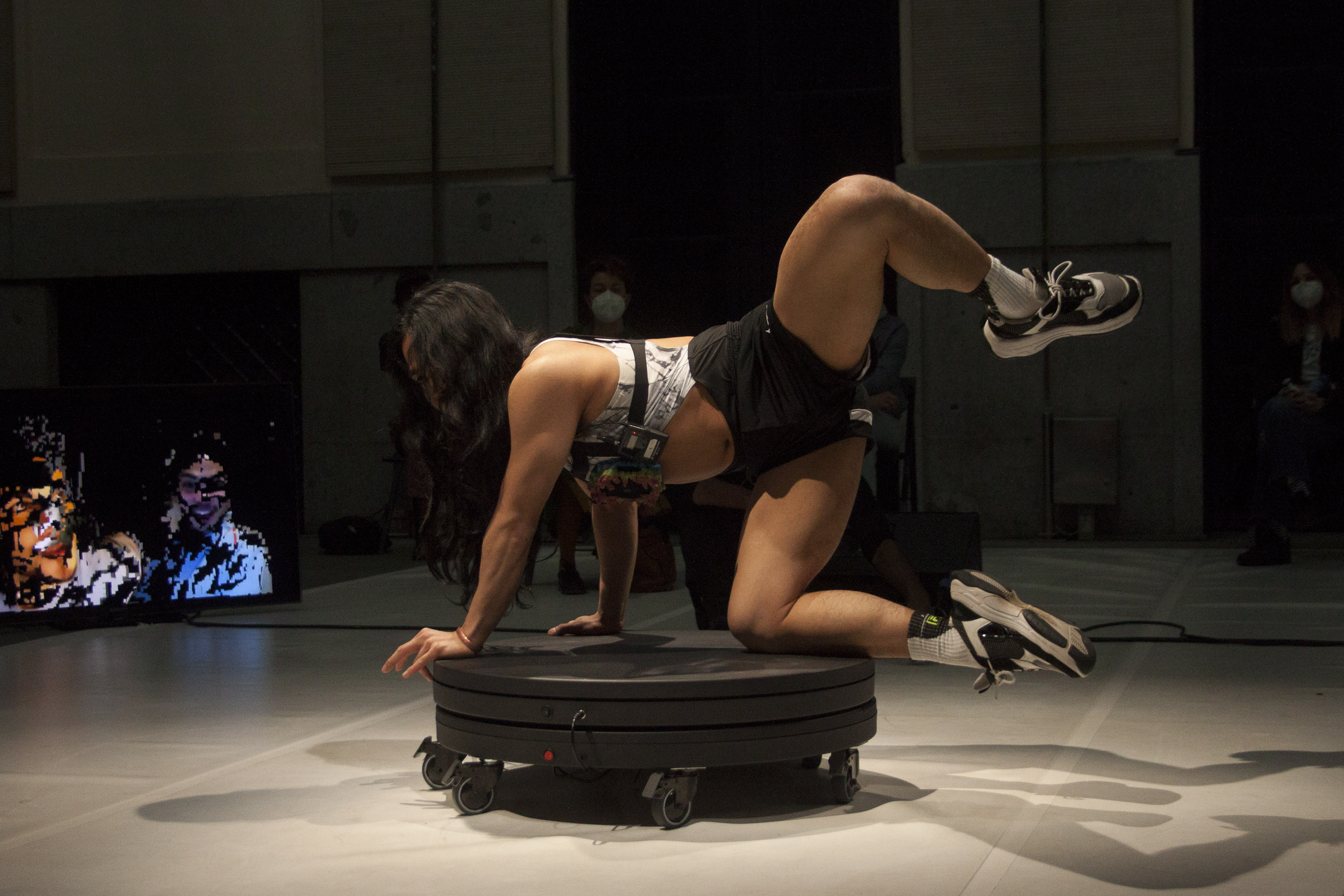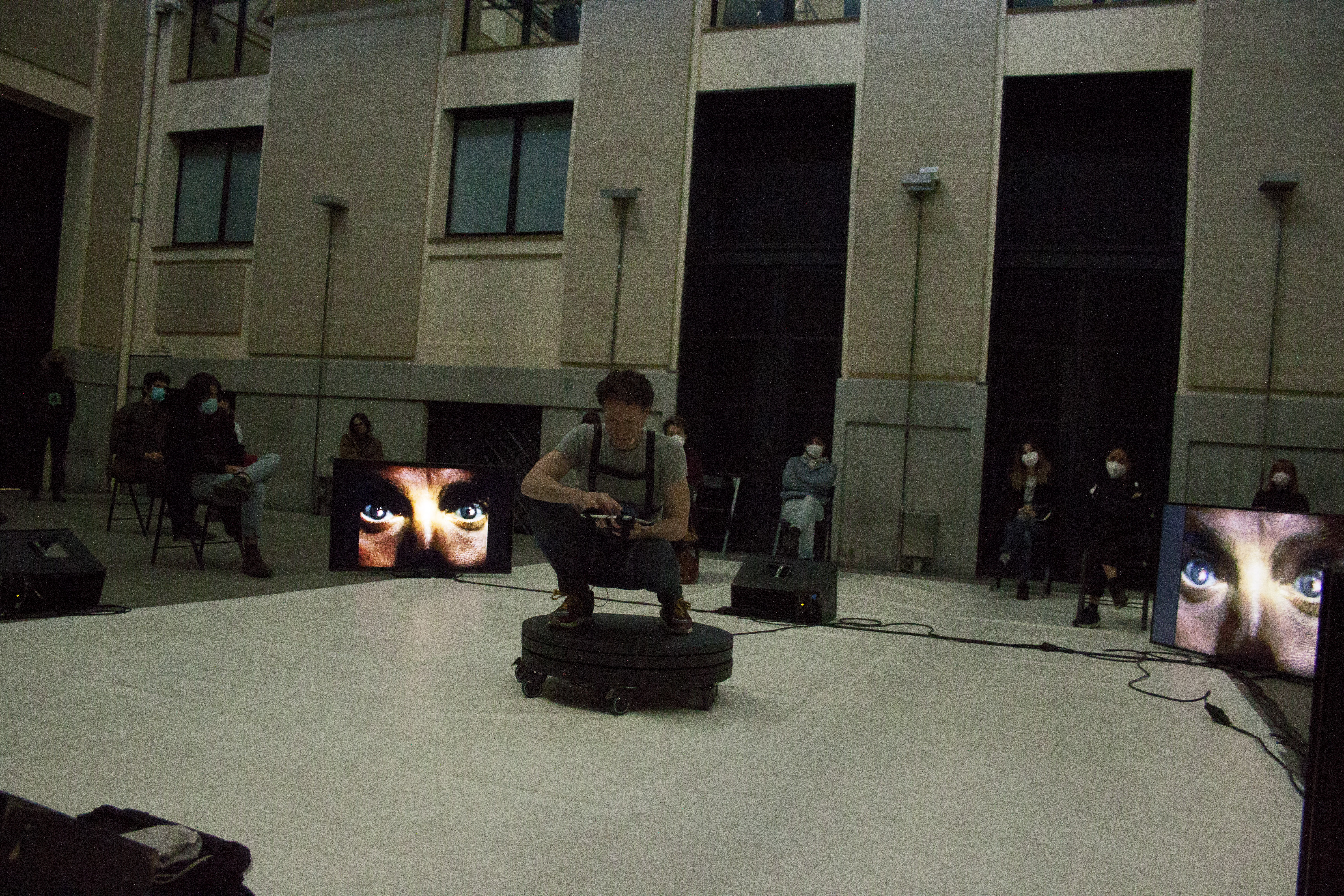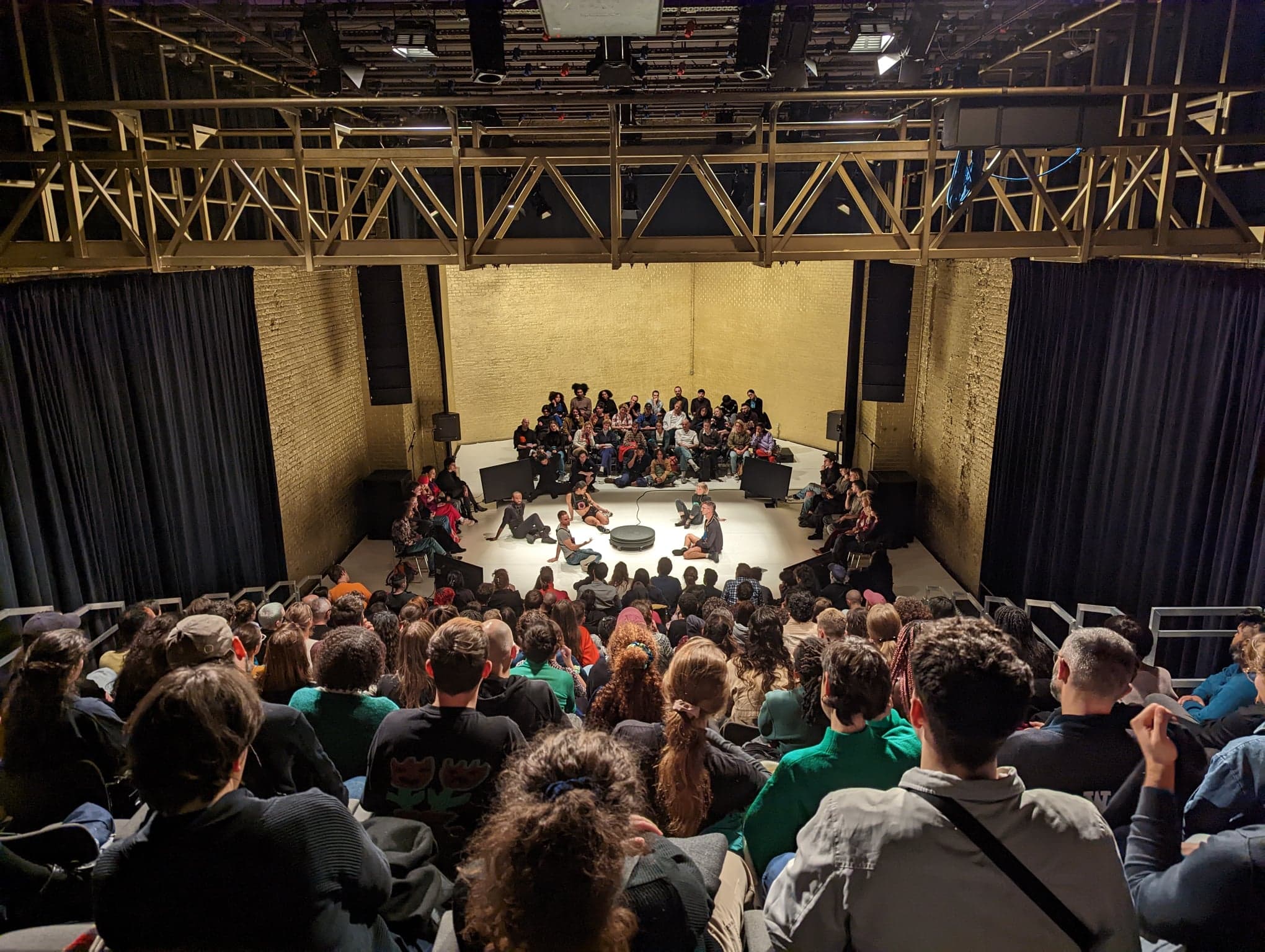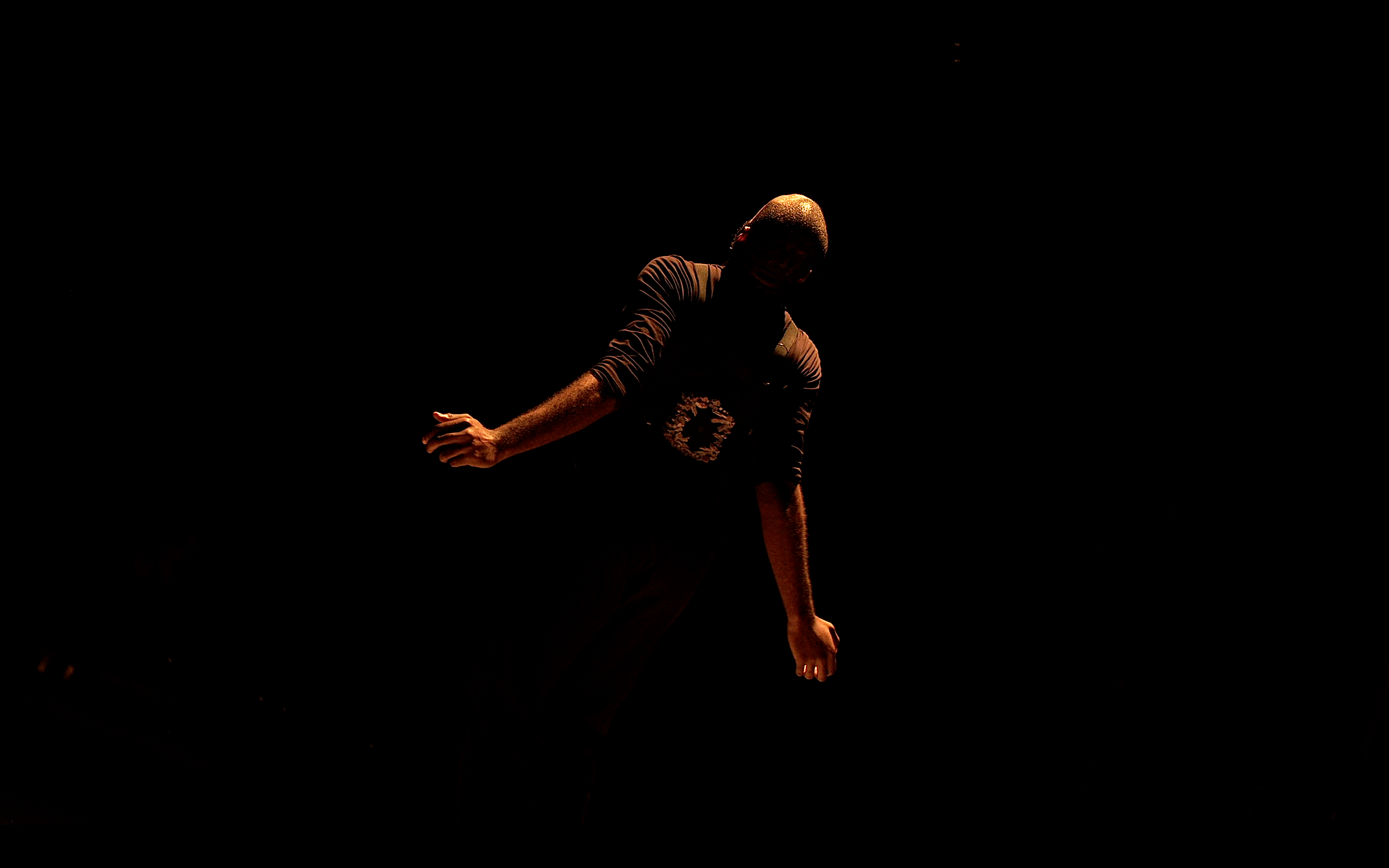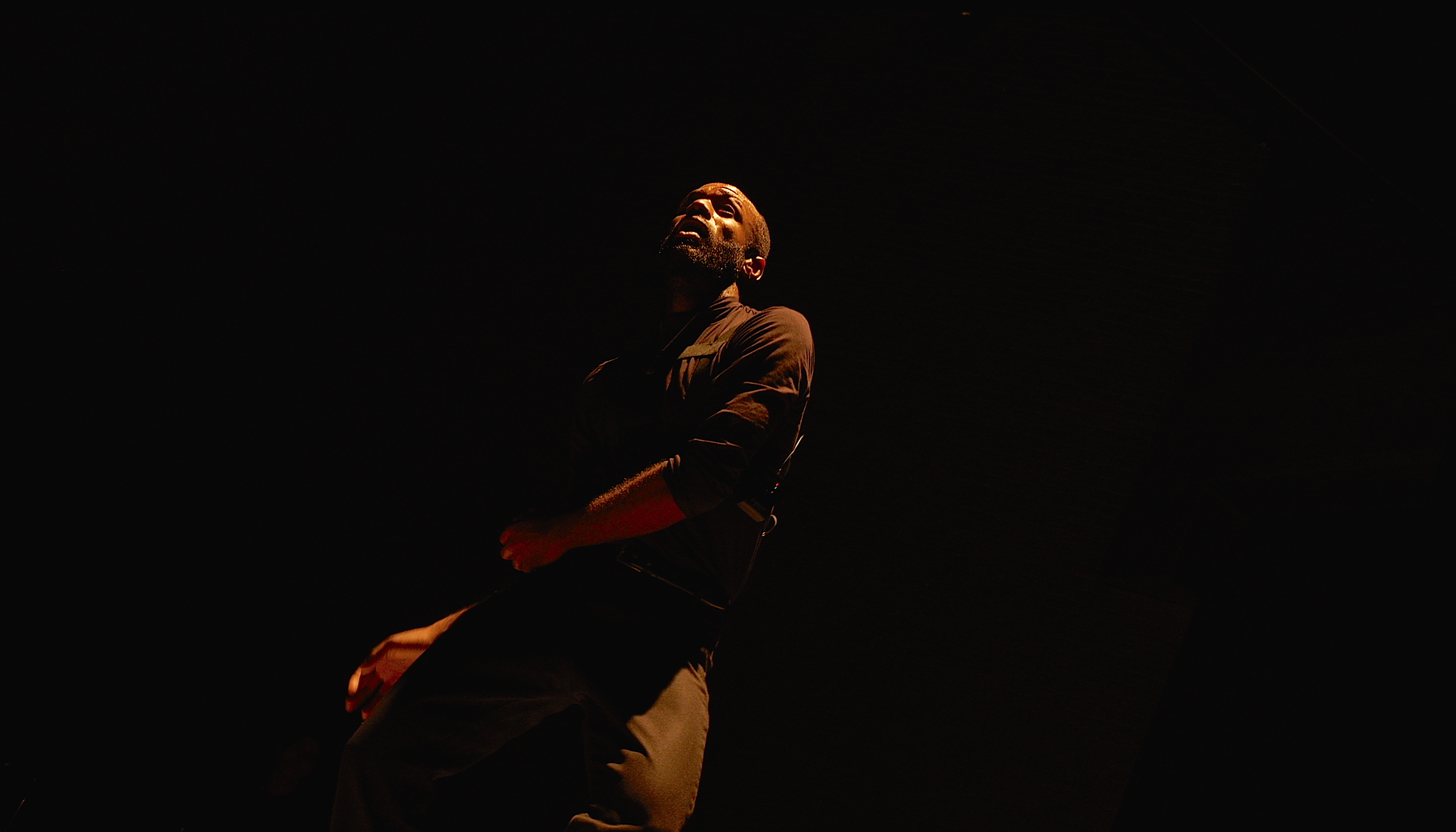DRACONIS LACRIMAE
Group performance & publication
Draconis Lacrimae is built upon the collective stories and creatures generated during a Fantasy Role Playing Game campaign. Taking the detailed rules systems from these games as a starting point, the piece explores how representations of identity are saturated with fantasy and speculation. The game, Draconis Lacrimae. The Player’s Handbook was designed by Federico and Pablo, and is published by a.pass.
Role-playing games function as textual and pre-digital tools of identity exploration and world-building, as they invite participants to occupy a liminal role located at the boundaries of person, player and character; a process very similar to that of performance.
The characters and stories in Draconis Lacrimae are created from the intimate biography of each performer. The problematic staging of the performer’s identities, through fantasy tropes, questions how representations of gender, race or illness can create necessary categories that end up generating domination and segregation nonetheless. The fictional world created by the players-performers is the ground in which their diverse subjectivities can coexist and relate to each other without the burden of prejudices installed in realistic narrations.
Draconis Lacrimae is the fourth installment of the Dragon Pieces, a series of works initiated by Pablo and Federico that fluctuate between monstrosity and transindividual fantasy. Through practices as diverse as synchronized swimming or Role Playing Games, the Dragon Pieces explore representations of collectivity that question hegemonic forms of belonging and narrating ourselves.
CREDITS
Concept and game design: Pablo Lilienfeld & Federico Vladimir
Creation and performance: Joshua Serafin, Camilo Mejía Cortés, Anaël Snoek, Pablo Lilienfeld & Federico Vladimir
Sound Talismans by Silvia Weidenbach
The Alien Druid Monologue and Dramaturgical assistance: Sabina Urraca
Corolian Queen: Gustavo Gláuber
Illustration: Roi Pardo
Light Design: Hadrien Jeangette
Scenography and videos: Federico Vladimir
Music and sound design: Pablo Lilienfeld
The Alien Druid Song lyrics: Pythagoras (Ovid's Metamorphoses)
Translator: Jara Lindsay
Production design: Gustavo Del Rio Prieto
Co-producers: Ayuntamiento de Madrid, Comunidad de Madrid (ES)
Supported by wpZimmer (BE), AC/E Acción Cultural Española, Spanish Embassy in Belgium
Residency support: wpZimmer (BE), workspacebrussels / Kaai Studios / Ultima Vez (BE), kunstencentrum BUDA (BE), CC Jacques Franck (BE)
Thanks to Julia Rubies, Nathaniel Moore, Mario Barrantes, a.pass, Federico Protto, Laura Kumin, Javier Cuevas and Matías Daporta
PRESENTATIONS
Fetival Bâtard. November 2022, Beurschouwburg, Brussels
Corpo (a) Terra 2021, Gondomar, Galicia
Premiered at Me Gustas Pixelad_ 2021, at La Casa Encendida, Madrid
PRESS REVIEW
“Draconis Lacrimae is a performance midway between an entertaining account of a fantasy role-playing game and a reflection on big Socio-Political Issues, with capital letters. Throughout a dense dramaturgy of roleplay references, reflections on self-representation and surrender to playful joy, Lilienfeld and Vladimir's work goes beyond a mere mocking of pigeonholing.
The counterintuitive decision to perform undressed, rather than in specific fantasy accessories and costumes, steers towards an underlying motif: the blurring between the inside and the outside; the fluid boundary between taking in and expulsion; the self and the other.
Although the course of the show is largely determined by the mythical narrative, character creation remains the focal point. Indeed, each part kicks off with a scrutiny of the profile of one of the five player-performers. Fragments of the performers' highly personal life developments are woven together, in a fantasy aesthetic, with seemingly banal elements such as their favorite illicit substances or the animal they identify with. And whether the manufacturability of identity is scrutinized through digitally distorted images with tacky fonts or in a collectively sung hymn, it is all done with a strong dash of self-deprecation that nevertheless does not sacrifice seriousness.
However, the overarching frame narrative is far from random. The imagined organs against which Draconis Lacrimae is set are, as it were, a twisting of Deleuze and Guattari's philosophical concept of 'a body without organs'. Here, they do form parts at the service of a larger mechanism. This structural approach comes in opposition to the transindividual fantasy and the liberating potential of roleplay. Already at the start of the hour-and-a-half-plus performance, during the brief reconstruction of their roles in the game, the performers tend to highlight their own achievements in the dragon body, and not necessarily their collective merit. There is thus a tension between the actual fiction of the play on the one hand, and the essentialist notion of identity that seems to want to break up the performance on the other, even when the entire organization of our society is based on it.
The allegorical dragon is finally punctured when the player-performers are allowed to flesh out the dragon themselves at the end. The Giant Barbarian links the creature to dinosaurs. Interesting, because while dinosaurs are not entirely unreal, they do populate fantasy worlds between historical artefact and total fabrication. This is consistent with the dragon's entrails as a familiar worldview with accompanying truths, which is at the same time hard 'played' as a sophisticated role-playing game. It is hard to put one's finger on it, but the intention of this performance seems to go beyond the mere debunking or deconstructing of ploys. Is it possible that upgrading and customizing the performers' biographies, for the sake of the game, causes us to bump against the absurdity of labels while at the same time deeming them much needed to denounce discrimination?
The phrase "I will be you, and you will be me" that The Alien Druid proclaims in the final monologue, just before she triggers the dragon's implosion, remains -for now- at odds with the insurmountable self-centredness of player, character and performer alike, and how that can once again encourage hegemonic category thinking. The refreshing aspect of this work, therefore, lies precisely in the way the trans-individual card is not naively drawn. Who is actually in charge?”
Tessa Vannieuwenhuyze for Etcetera
“Draconis Lacrimae is a provocative and surprising artistic experience of high symbolic-political voltage. Between the technological and the carnal, integrating a hallucinating and complex sound and audiovisual space, this performance defies the most standardized conventions of artistic genres.
The dramaturgy implies, in a very clever way, that the allegorical level of the characters -of mythical and fantastic origin- is circumscribed to the order of verbal enunciation. The implacable and incontestable reality of presences and bodies is always present and naked, without being covered up by the interpretation (realistic or dramatic) of the characters. In spite of the dramaturgical complexity, the performance is presented to us as if it were something simple, without any dramatic or dancistic boasts. And this simplicity of execution, without a choreography marked by the most recognisable aspects of dance, contributes to generate a more resounding truth, because it appears devoid of frills.
The performance, with strong allegorical and political connotations, is neither grandiloquent nor pretentious, because it doesn't try to convince us of anything. There is, at all times, a desire to give us freedom and emancipation.
Draconis Lacrimae is a plea against all forms of power or imposition. The very forms and actions of the performance are, in a certain way, an abolition of these parameters due to its choral dimension, without protagonists, without any of the people who act having the leading role.
The dragon's tears can be a valuable metaphor, as is the whole performance, about the current times: all the unjust discrimination that we harbour through education, culture and fear.”
Afonso Becerra for Artezblai
“If a hybrid group of artists decide to stage a role-playing game, the tension between performance and post-dramatic theater is assured. Pablo Lilienfeld and Federico Vladimir go further and keep the audience in a constant doubt about the self-referential and the imaginary in an epic battle where the fantastic always finds its analogy in reality.
The artists deliberately lose themselves in technology with an exercise whose rhythm alternates between contemplation and tachycardia. With the support of powerful audiovisual resources, the fiction ends up dynamiting binaries and ridiculing the establishment through an accessible vocabulary and references to video games, mass culture and pornography.”
Roberto Majano for Teatron
“With each solo, the other performers remained present on stage as witnessing eyes and listening ears. Shared sorrow is half sorrow, seems to be the common denominator. But don't expect any crocodile tears in 'Draconis Lacrimae’.
Through autofiction, this play resists fixed identity categories. 'Draconis Lacrimae' is the bâtard response to a world oversaturated with categories that encourage segregation and domination. But what the dragon tear symbolises in concrete reality remains a pressing question mark for me.”
Emma Meerschaert for pzazz
Photos by Nacho G. Riaza



